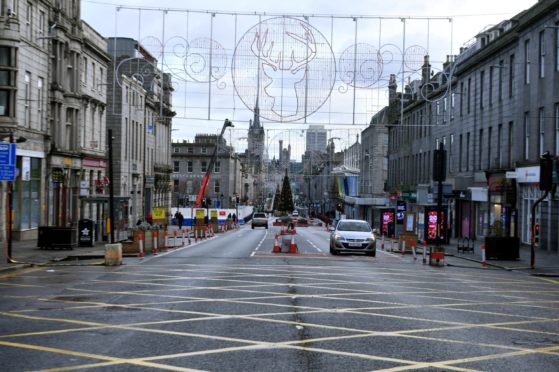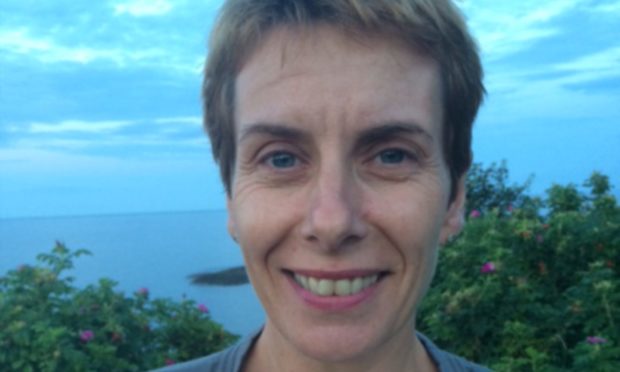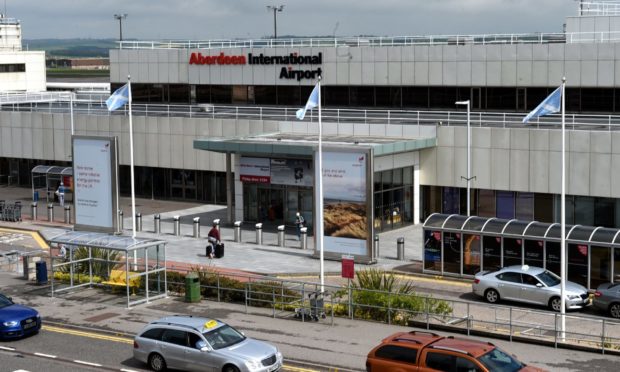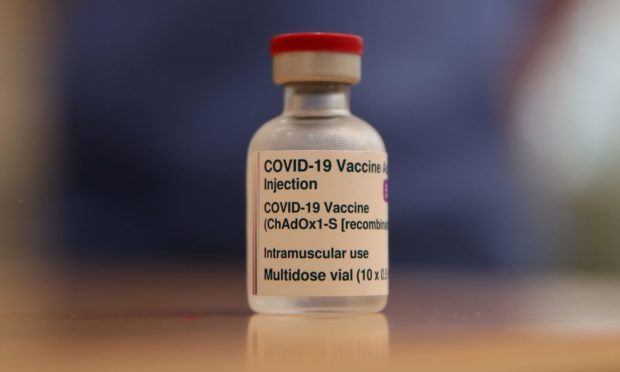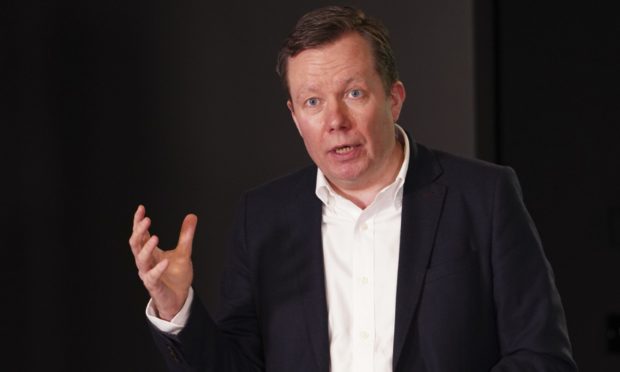The three individuals who flew into Aberdeen and tested positive for the Brazilian variant of Covid went straight into quarantine together on their arrival into the north-east.
NHS head of intelligence Jillian Evans confirmed that their employer had set up the quarantine.
Speaking on Good Morning Scotland, Ms Evans also revealed that health protection officials are now following up contacts of their contacts which is “not standard procedure.”
She said: “We are going one stage further but if they had been in managed quarantine for 10 days, you would think that they wouldn’t have many contacts to follow up but this is an added precaution being taken by health protection specialists.
“It’s not something we normally do but I do want to raise assurances that the health protection is very much trying to reassure people in Grampian that this has not spread any further and they are monitoring it very closely.”
The new variant was identified on February 27 in the three individuals, with heightened contact tracing kicking off from then.
They had flown back to Brazil via Paris and Heathrow, with health officials aiming to trace all passengers on those flights.
Ms Evans added: “Work is ongoing to trace of all those on the same flights and none of the cases at the time were symptomatic so that’s good news.
“This is an extra precaution to trace people who were on the same flight and that is certainly being done nationally, not something we are doing locally.
“For most people in the local area, they will be completely unaffected by this, but it points to the need for really good border restrictions and the process of isolation to come in really quickly.”
Three cases of the Brazilian variant have also been identified in three individuals in England.
Two of them came from a household in South Gloucestershire, where one person returned from Brazil in mid-February.
Health officials in England are hunting for the third individual who did not complete their test registration card.
The Brazilian strain was first found in Manaus and is thought to spread more rapidly and be more capable of evading existing vaccines.
National clinical director Jason Leitch revealed some of the concerns the scientists had about this strain.
He said: “We are not absolutely certain that this version is amenable to the natural immunity some people have and the artificial immunity we are creating with vaccinations.
“Everything we know says the vaccines are very effective but we just can’t be sure yet because it’s not been around long enough and the trials haven’t completed.
“It may be that the vaccine is just as effective against this strain but we just don’t know that to be true, so that is why we are being so cautious.”
